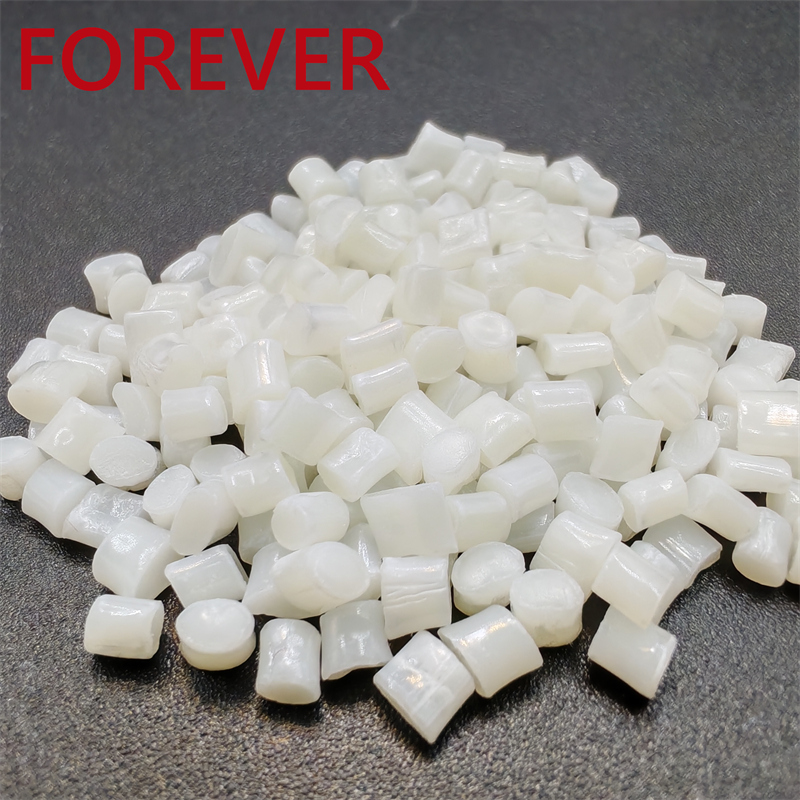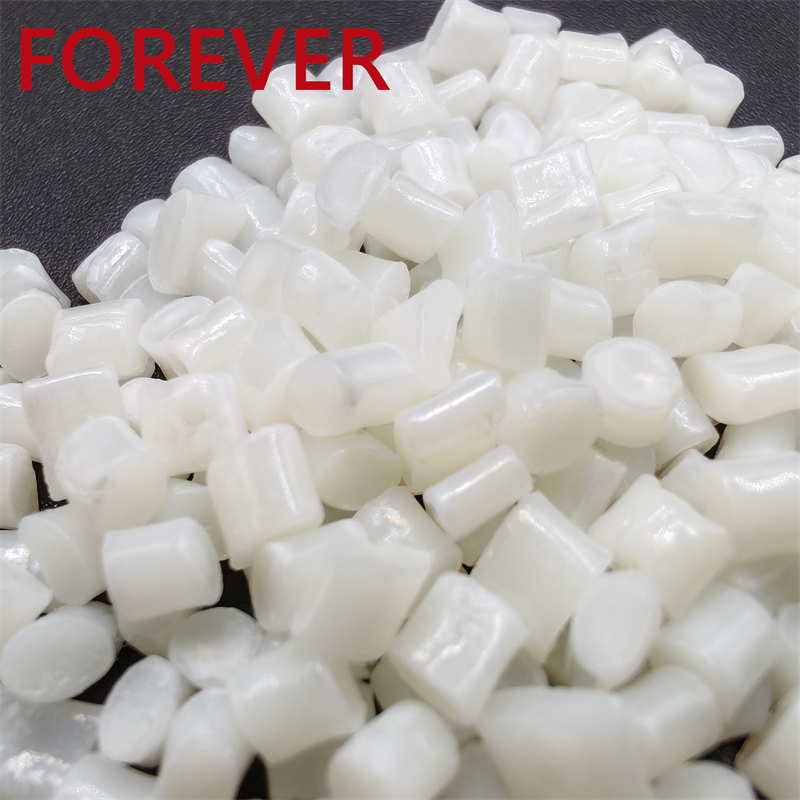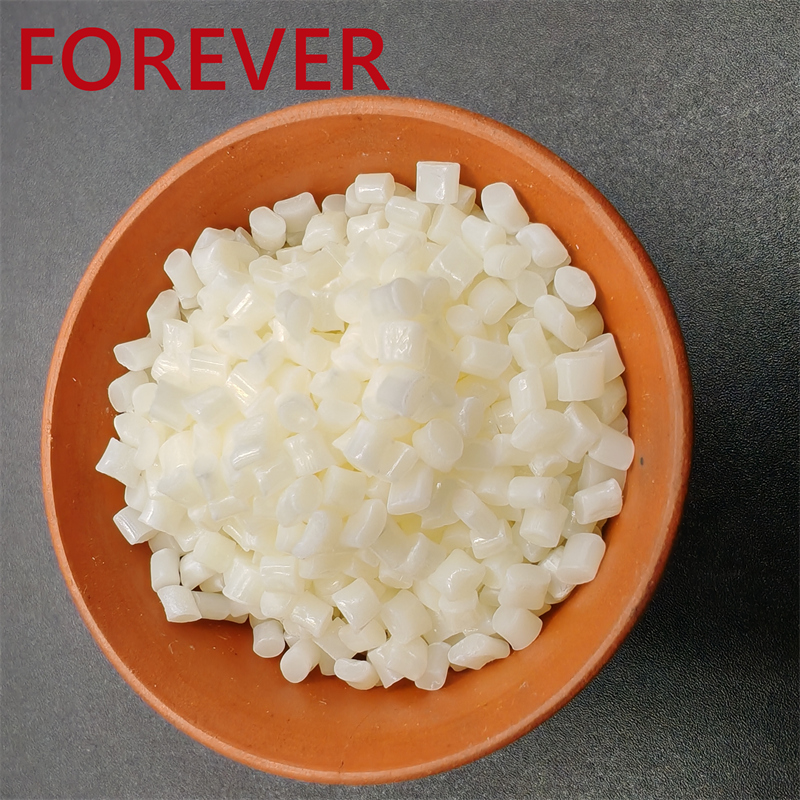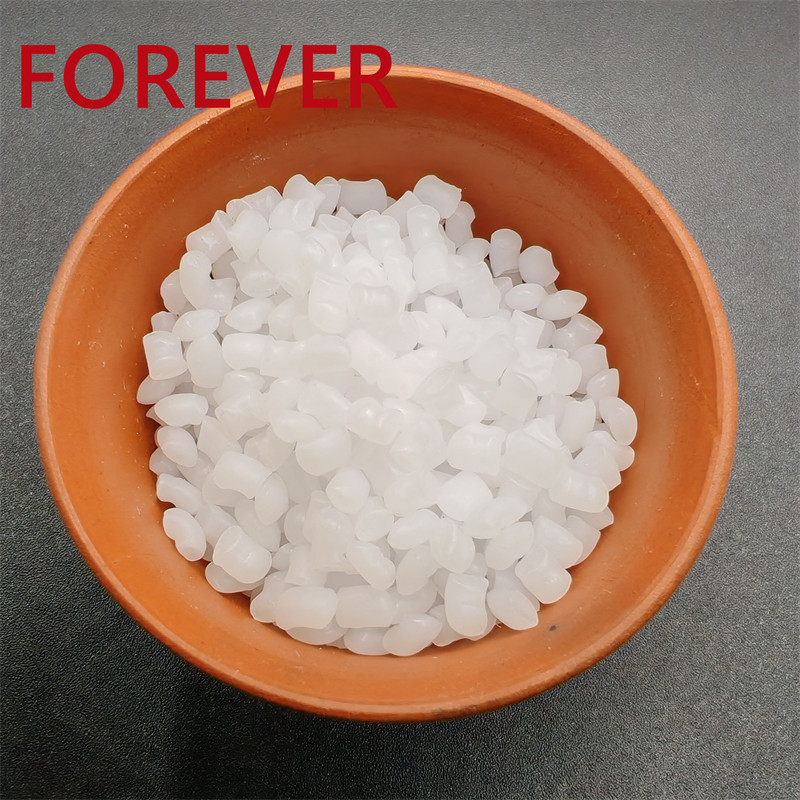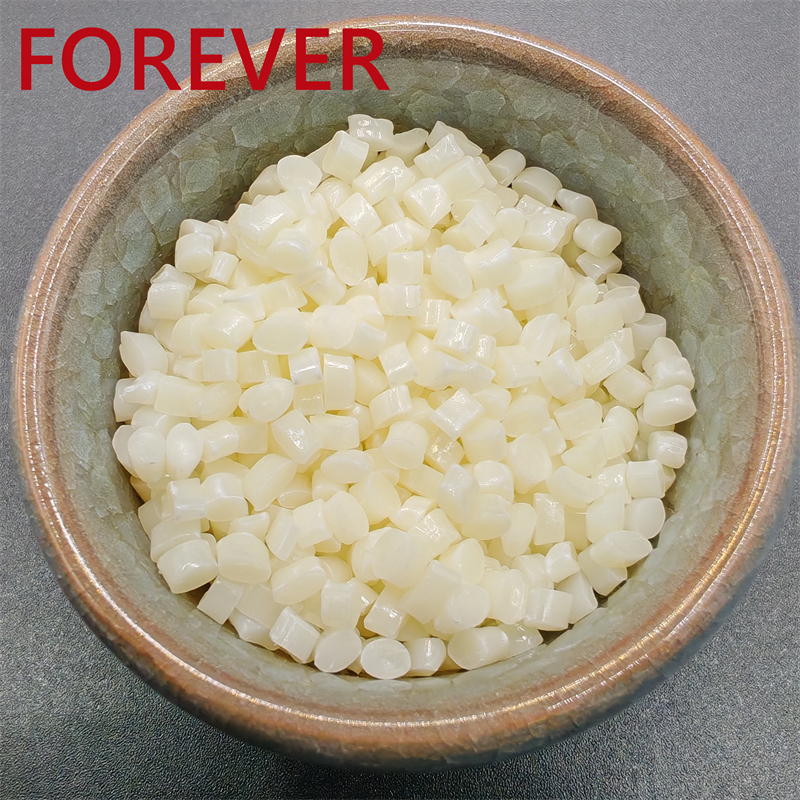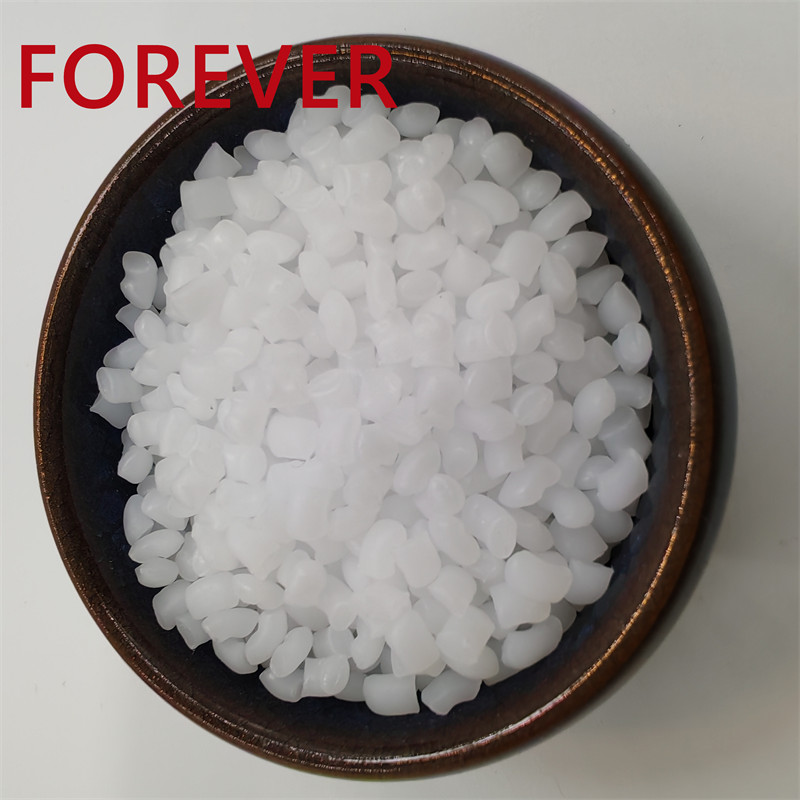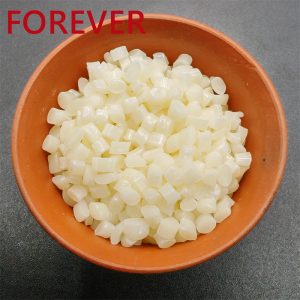Polypropylene (PP), a thermoplastic polymer, has found widespread applications across various industries due to its favorable properties such as high strength – to – weight ratio, good chemical resistance, and heat resistance.
In the packaging industry, PP is extremely popular. It is used to manufacture a wide range of packaging materials. For example, plastic containers like yogurt cups, margarine tubs, and medicine bottles are often made of PP. Its excellent chemical resistance ensures that it can hold different substances without reacting or degrading. PP is also used in the production of packaging films. These films are lightweight, flexible, and have good moisture – barrier properties, which help in protecting products from spoilage and damage during storage and transportation. Additionally, the transparency of some PP – based films makes it easy for consumers to see the product inside, enhancing its marketability.
The automotive industry makes extensive use of PP. It is used in interior components such as dashboard panels, door trims, and seat covers. PP’s low density reduces the overall weight of the vehicle, which in turn improves fuel efficiency. It can also be molded into complex shapes with relative ease, allowing for the creation of aesthetically pleasing and ergonomic designs. Moreover, PP has good scratch – resistance and can withstand the wear and tear of daily use in a vehicle. In the exterior parts, PP is used in bumpers. The material’s impact – resistance and ability to be painted or coated make it suitable for this application, protecting the vehicle from minor impacts and enhancing its appearance.
PP fibers are widely used in the textile industry. Non – woven PP fabrics are used for applications like disposable diapers, surgical gowns, and wipes. The non – woven structure provides good absorbency, breathability, and softness, making it comfortable for use in contact with the skin. PP fibers are also used in carpets. They are resistant to stains, mildew, and fading, and their durability ensures a long – lasting carpet. In addition, PP can be blended with other fibers to improve the overall performance of the textile products, such as enhancing strength or adding stretchability.
In the construction industry, PP has several applications. It is used in the production of pipes for water supply and drainage systems. PP pipes are corrosion – resistant, which means they can last for a long time without being affected by the chemicals in water. They are also easy to install, as they can be joined using heat fusion techniques. PP is also used in geotextiles. These geotextiles are placed in soil to improve its stability, prevent erosion, and separate different soil layers. Their high tensile strength and resistance to environmental factors make them suitable for such applications in construction projects.
PP is used in the electrical and electronic industry for manufacturing components such as insulation materials for wires and cables. Its electrical insulating properties are excellent, which helps in preventing electrical leakage and ensuring the safety of electrical systems. PP can also be used in the production of housings for small electrical appliances. Its moldability allows for the creation of various shapes and sizes, and its relatively low cost makes it an attractive option for mass – produced products.
In conclusion, the diverse applications of polypropylene across multiple industries highlight its importance as a versatile and valuable material. As technology continues to advance, it is likely that new applications for PP will be discovered, further expanding its role in modern life.
